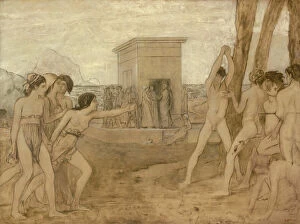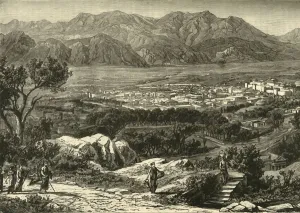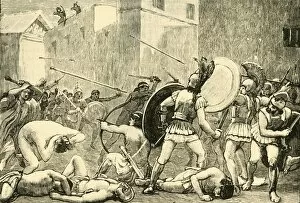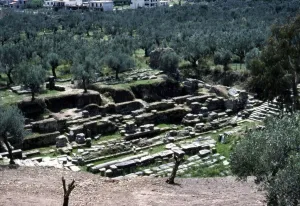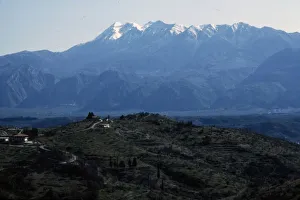Lakedaimon Collection
Lakedaimon, also known as Lacedaemon, was an ancient city-state in Greece that played a significant role in shaping the history and culture of the region
All Professionally Made to Order for Quick Shipping
Lakedaimon, also known as Lacedaemon, was an ancient city-state in Greece that played a significant role in shaping the history and culture of the region. As one of the most powerful city-states in ancient Greece, Lakedaimon was home to the legendary Spartan warriors who were renowned for their military prowess and discipline. The Spartans believed in living a simple and austere lifestyle focused on physical fitness, military training, and loyalty to the state. Their society was highly structured with strict social hierarchies and a strong emphasis on duty and honor. Lakedaimon's influence extended beyond its borders through its participation in various wars and conflicts throughout ancient Greece. The Spartans were known for their strategic thinking and fearless fighting spirit, which made them formidable opponents on the battlefield. Despite their reputation as fierce warriors, the Spartans also valued education and intellectual pursuits. They produced notable philosophers such as Lycurgus, who is credited with creating Sparta's unique system of government based on equality among citizens. Today, Lakedaimon serves as a reminder of the rich history and legacy of ancient Greece. Its impact can still be felt in modern society through its contributions to philosophy, politics, warfare, and culture. The story continues to inspire admiration for its resilience, strength, and commitment to excellence.










